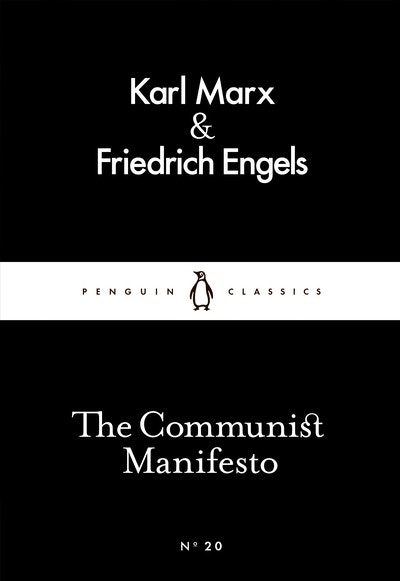[]
- Published: 25 February 2015
- ISBN: 9780141397986
- Imprint: Penguin Classics
- Format: Paperback
- Pages: 64
- RRP: $7.99
The Communist Manifesto
Formats & editions
Buy from…
- Published: 25 February 2015
- ISBN: 9780141397986
- Imprint: Penguin Classics
- Format: Paperback
- Pages: 64
- RRP: $7.99









